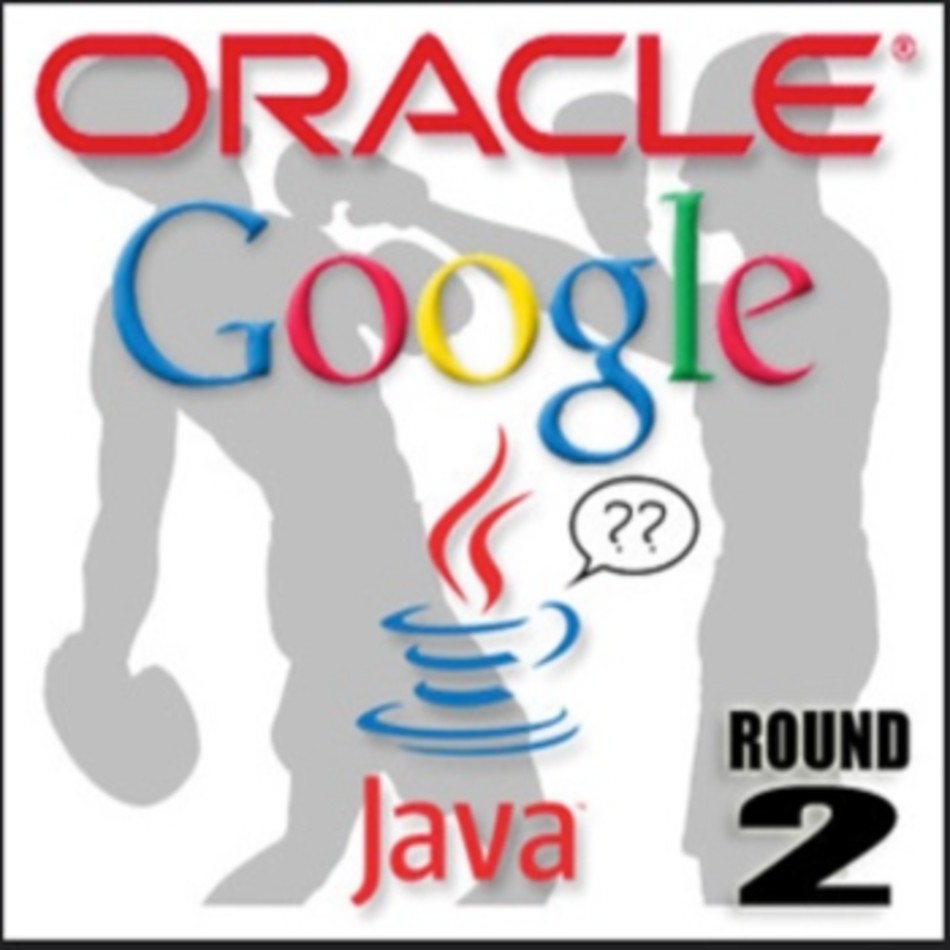Published:
On October 7th, two of the U.S.’ largest tech companies squared off in the Supreme Court via teleconference. Since 2005, Oracle and Google have been battling over whether common interfaces between software programs can be protected by copyright. The specific interface in question, known as an application programming interface, or API, lets certain software programs “speak” to Java programs. When Google developed the Android Smartphone over a decade ago, it used Java’s API, and because Oracle now owns Java, Oracle believes it’s owed money—$9billion to be exact. This has led to what some consider the copyright case of the century.
Leading up to this case, a jury sided with Google initially, but then two appeals court decisions favored Oracle. As matters have ramped up to the Supreme Court, it’s become clear that the Supreme Court’s decision will have major implications on what software’s future will look like.
A potential Oracle win is terrifying in the eyes of executives and software developers at smaller tech firms because of the close functional similarities of current API methods, most of which were created by larger tech firms. Whoever claims to have originally developed these API methods would be able to assert copyright protection over a wide range of software, which in turn would inhibit smaller firms’ abilities to carry out frequented responsibilities without being subject to a copyright lawsuit. This would also force some of the world’s best outsourced workers, in countries like China, Russia, and Poland to navigate new programming languages with limited assistance from their U.S. partners. While the conservative justices appeared to turn a cold shoulder to this prospect, this notion proved deeply concerning for the liberal justices, all of whom seemed to argue in favor of Google. Justice Stephen Breyer, for example, stated that API copyrights were akin to allowing a typewriter company to copyright the layout of the QWERTY keyboard.
It’s no surprise that the justices’ political affiliation matches up with their perspective on which tech giant is blameworthy in this case. Larry Ellison, the leader and primary decision-maker for Oracle, is known as a high-profile supporter of President Donald Trump and leads one of the only major tech companies that is described as having a conservative culture. With the Supreme Court housing 5 conservative justices and only 3 liberal justices, we’re looking at a high probability that Oracle will prevail in this lawsuit.
Oracle is not new to being a favored company under Trump’s administration. Along with its favorable chances to win its lawsuit vs Google, it’s also received Trump’s endorsement to become Chinese-owned TikTok’s trusted technology partner, in which it will replace ByteDance as TikTok’s majority shareholder and become its secure cloud provider.
While the global tech market has been relatively borderless for the past few decades, it appears that both Oracle and the U.S. federal government are pushing for greater consolidation and control within the domestic big tech industry, as evidenced by their efforts to promote tighter intellectual property regulations and uproot TikTok. These actions could prove harmful, as they may hinder innovation and free expression, and possibly encourage foreign governments to promote their own exploitative agendas.
File under






